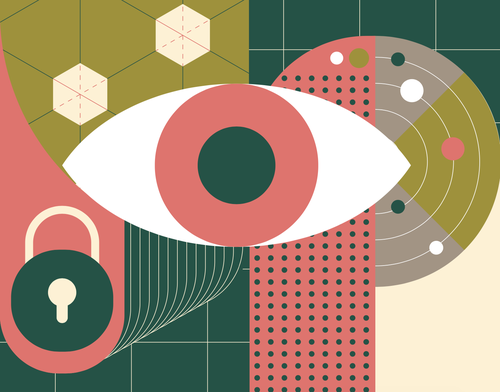Many significant applications require aggregation of data to drive algorithms, including traffic monitoring (and eventually autonomous vehicles); insurance and lending products serving previously excluded or overcharged customer groups; diagnosis and drug dosing in health care; and demand forecasting for economic modelling. Collective action problems can prevent constructive developments even when rights in data are well defined. DAOs will gradually find market opportunities, from patronage of independent artists to mortgage securitisation.

The big data aggregators won’t go away. They will participate in the decentralised data economy because it provides benefits for them as well, cutting down on fraud and reinforcing user trust, which is in increasingly scarce supply. Over time, those who provide benefits of personalisation and targeting will more and more be expected to pay for it. A wide range of brokering and filtering providers will offer users a choice of analytics, some embedded in applications or devices and some providing services virtually in the cloud. Governments will focus on making data available and defining policy objectives for services that take advantage of the flow of information. Data will be treated not as property but as a renewable resource, with the competition for economic value in the applications built on top of it.
The most powerful benefit of open data built on blockchain-based decentralised control is that it will allow for new applications we can’t yet envision. If startups can take advantage of the power of data aggregation that today is limited to large incumbents, they are bound to build innovations those incumbents miss.
The surveillance economy took hold because few appreciated what was happening with their data until it was too late. And the cold reality is that few will accept significantly worse functionality or user experience in return for better privacy. That is why the blockchain-powered revolution will make its way up from infrastructural foundations of digital identity and hardware, rather than down from novel user-facing applications.
This vision is far from certain to be realised. Business decisions and government policies could make blockchain-based data decentralisation more or less likely. The greatest reason for optimism is that the problem blockchain addresses – gaining trust without giving up control – is becoming ever more critical. The world runs on trust. Blockchain offers hope for recasting trust in the networked digital era.



